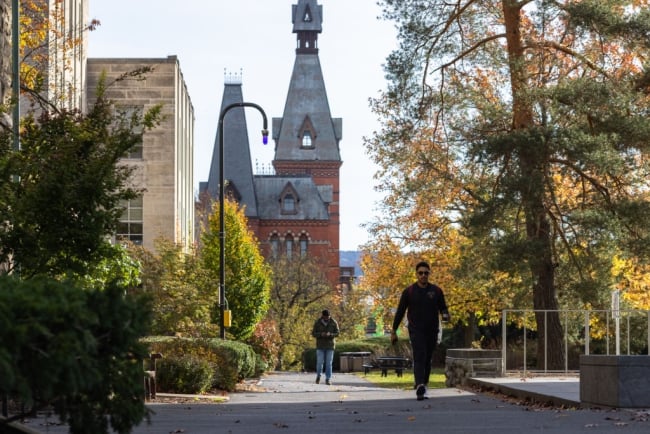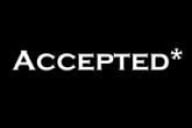You have /5 articles left.
Sign up for a free account or log in.

Cornell University extended its test-optional policy for another year.
Matt Burkhartt/Getty Images
Cornell and Vanderbilt Universities both announced this week that they will extend the test-optional admissions policies they adopted during the pandemic. Cornell’s extension is short term, applying only to the next application cycle, while Vanderbilt’s forestalls a permanent decision for three more years.
Vanderbilt’s dean of admissions and financial aid, Douglas Christiansen, said extending the policy rather than making it permanent will allow the university to conduct its own research on the issue and come to an informed conclusion.
“We wanted to have more information about the effect on [the] performance of students who took the test or didn’t take the test,” he told the Vanderbilt Hustler, the student newspaper.
Christiansen added that removing the testing requirement has led to a boost in “all forms of diversity” in Vanderbilt’s applicant pool, and that he believed transcripts were likely a more important indicator of student success than test scores.
Cornell is the third Ivy League institution to make such a decision, following Columbia University, which cemented its test-optional policy “indefinitely,” and Dartmouth College, which announced Monday that it would reinstate test requirements. Both Brown and Yale Universities are expecting to receive recommendations from committees formed to address this question sometime in the next few months.
The extensions come at a pivotal moment for standardized testing. Many selective colleges are deciding what to do with their pandemic-era test-optional policies, and old debates over testing’s benefits and prejudices have come roaring back into the public discourse.









